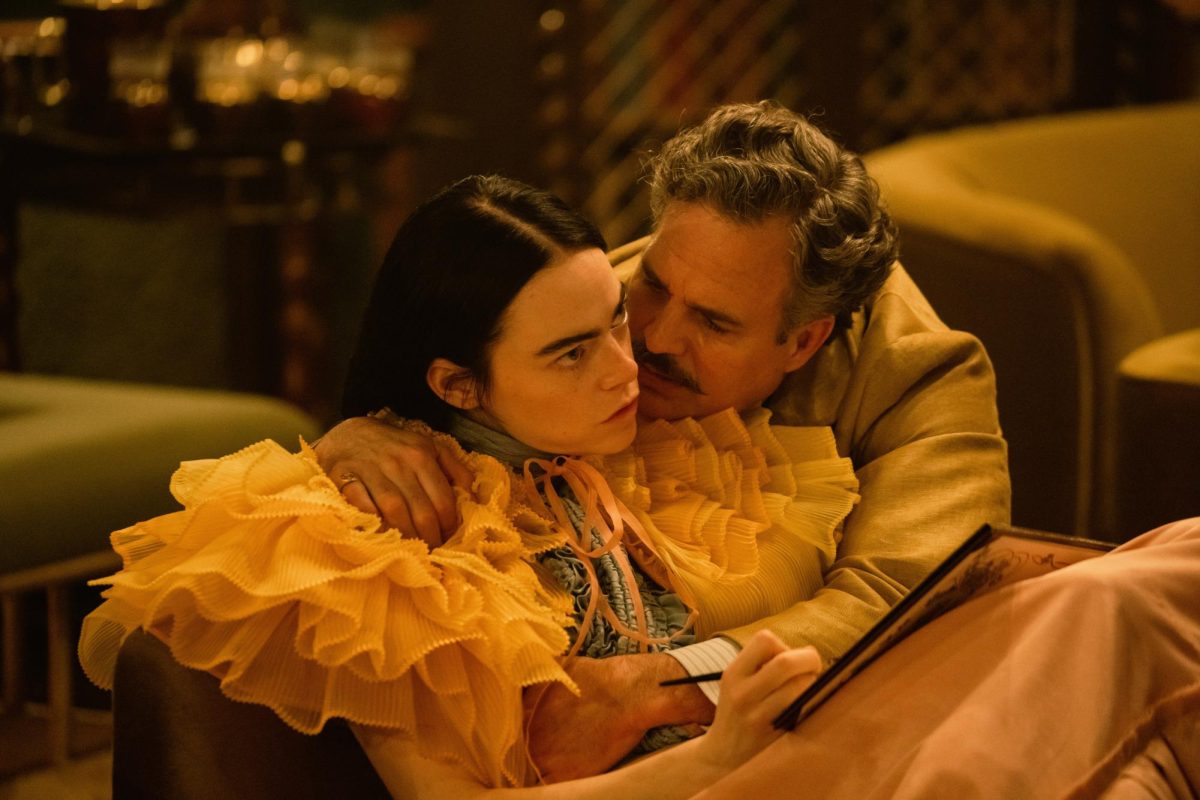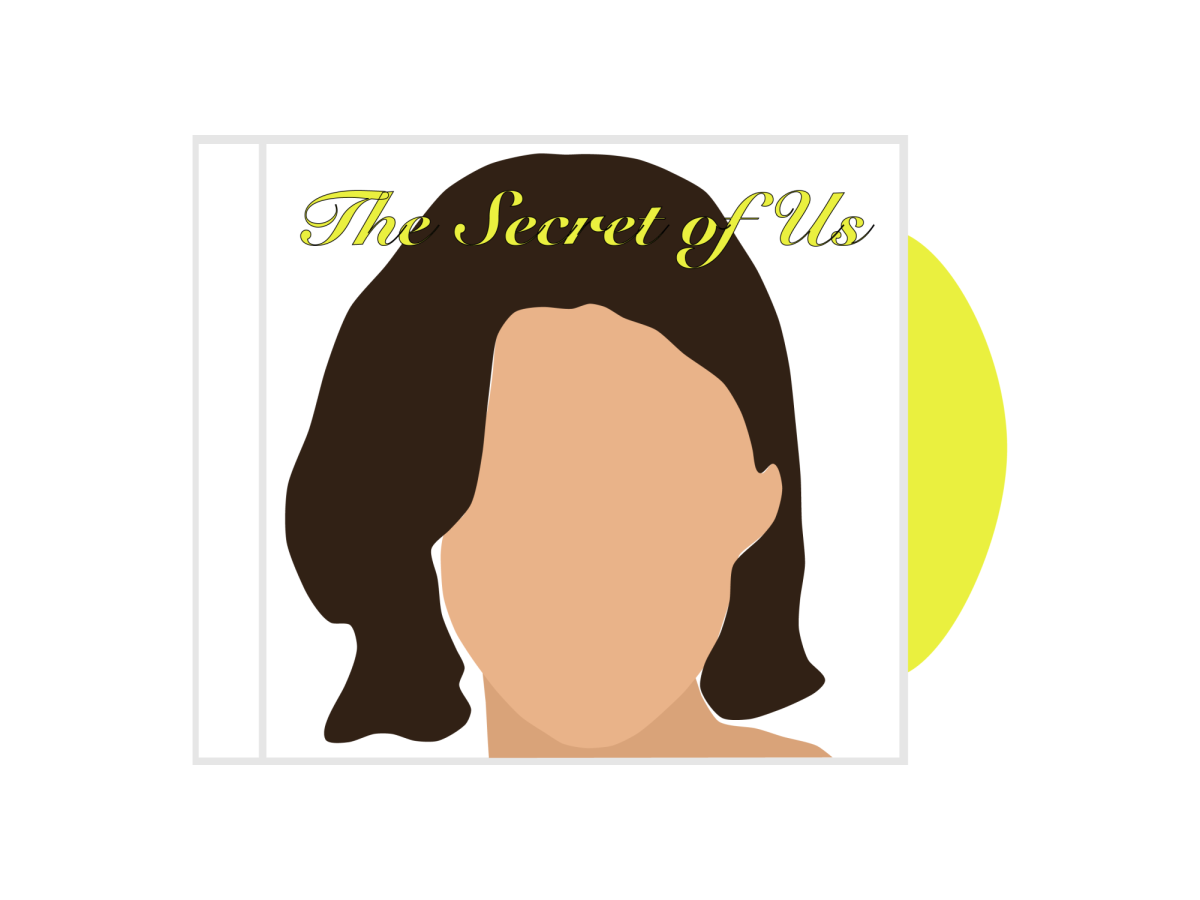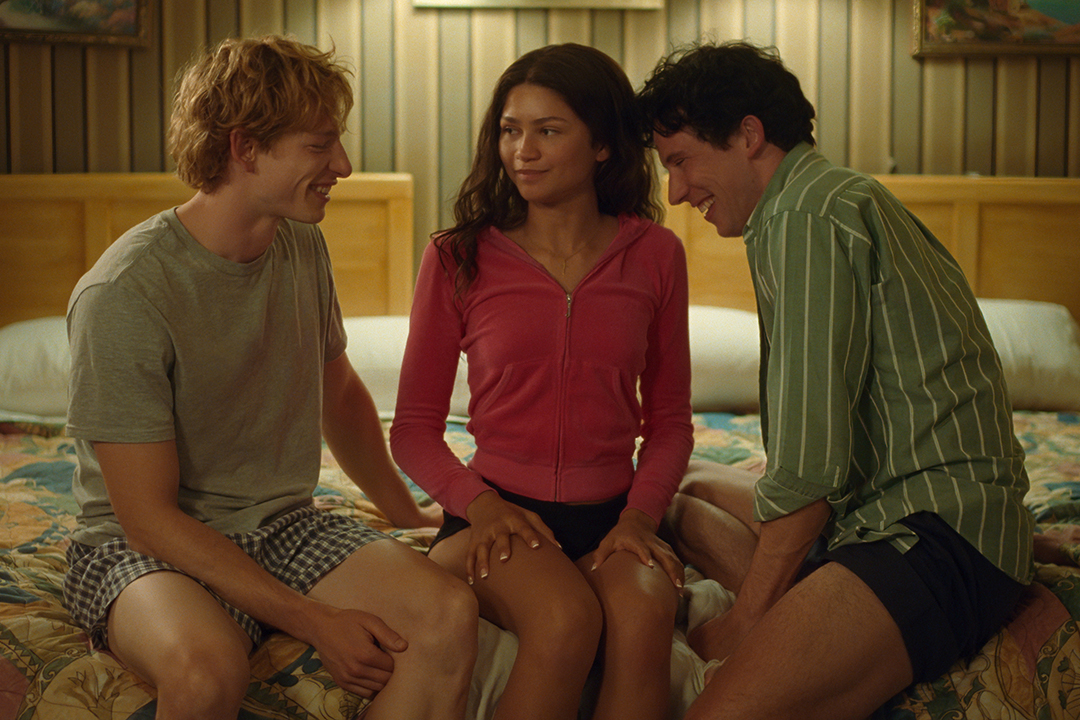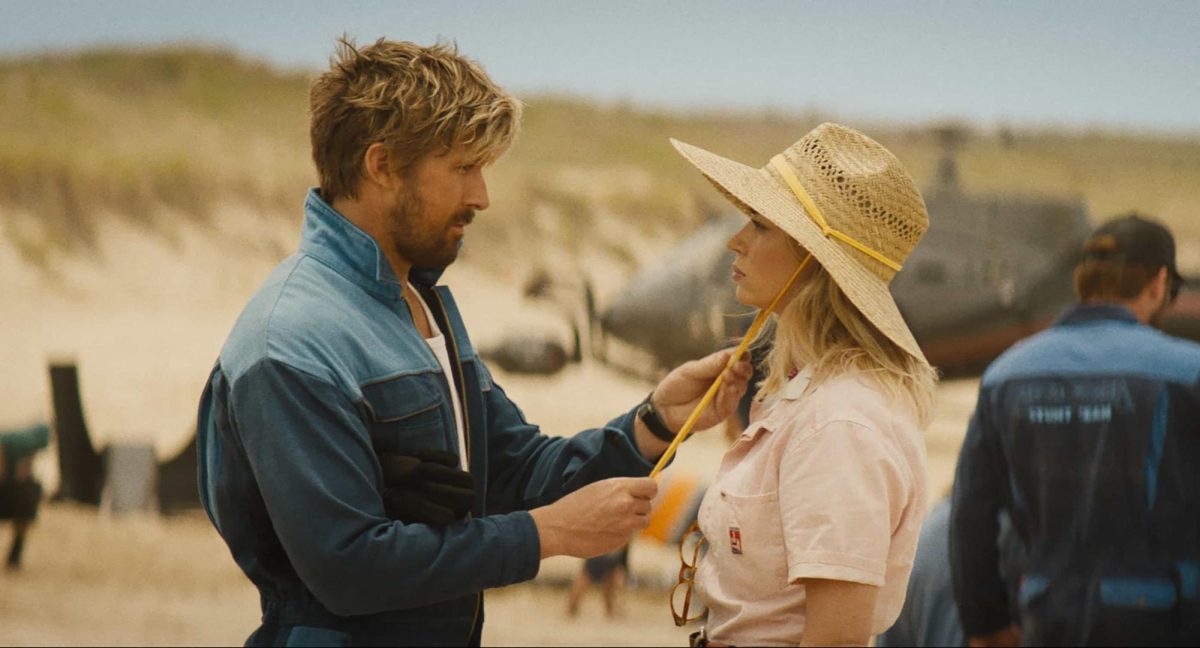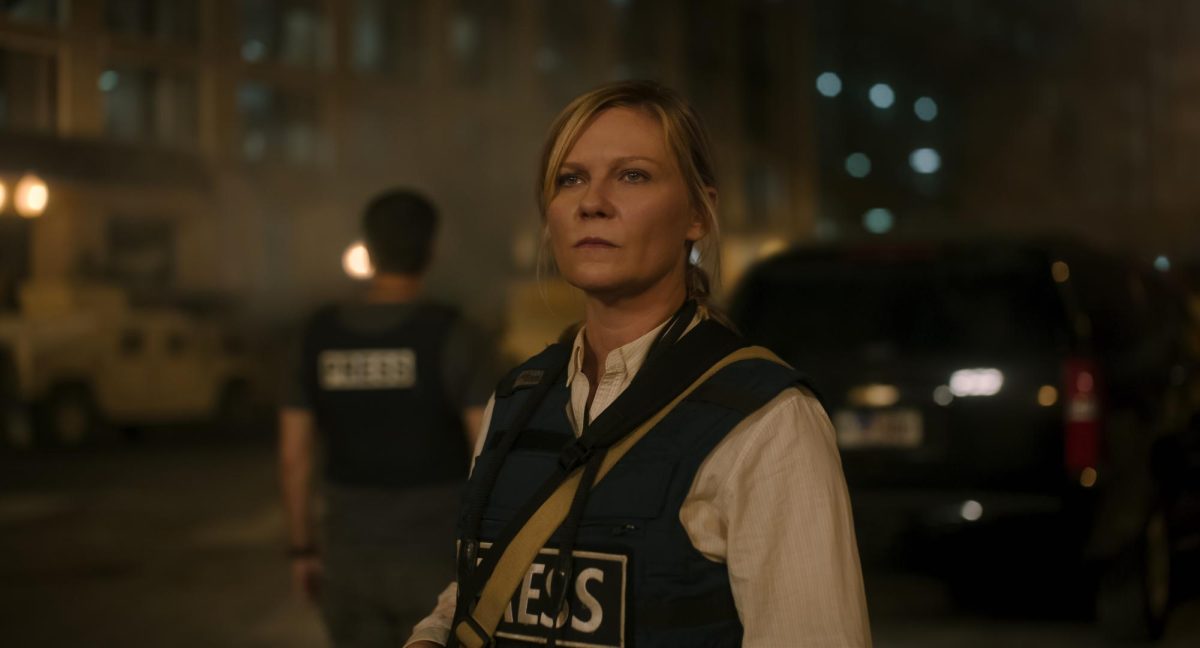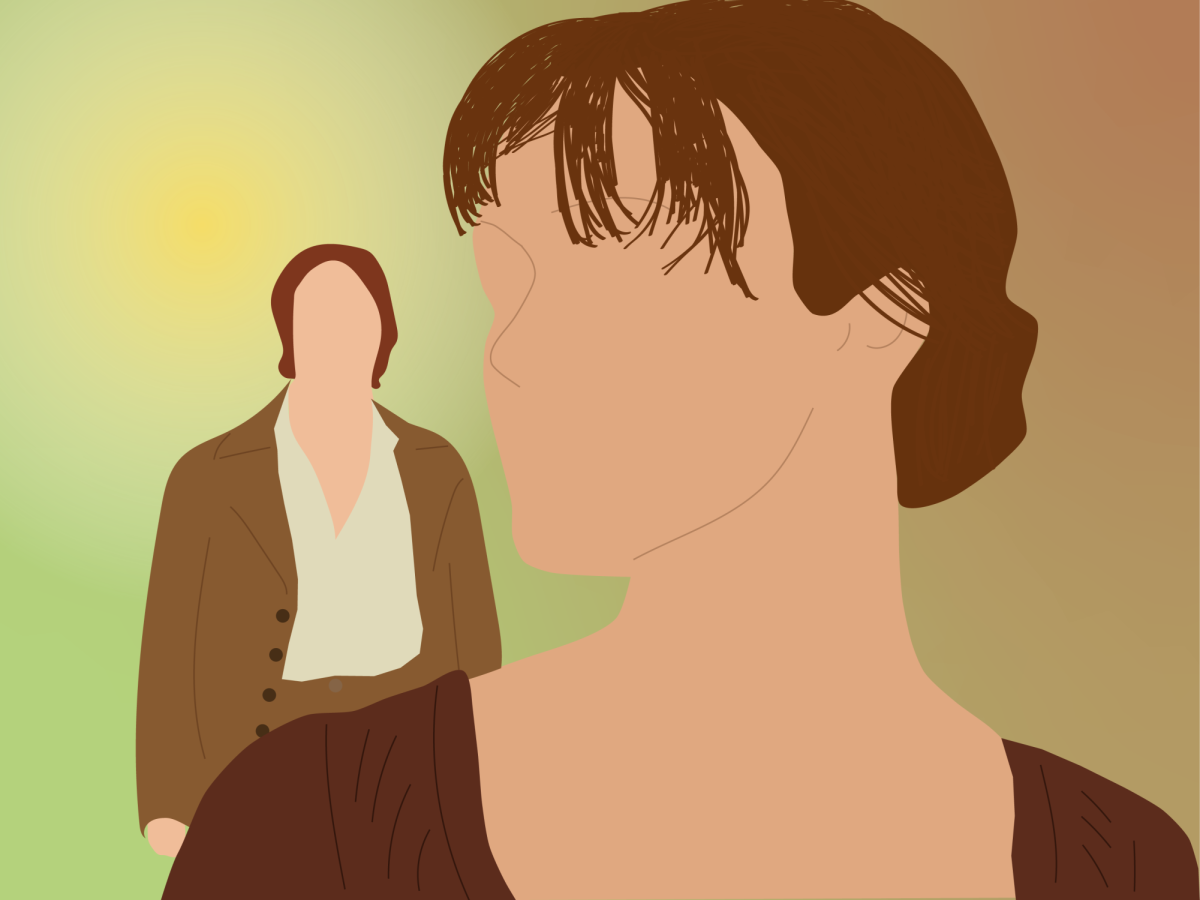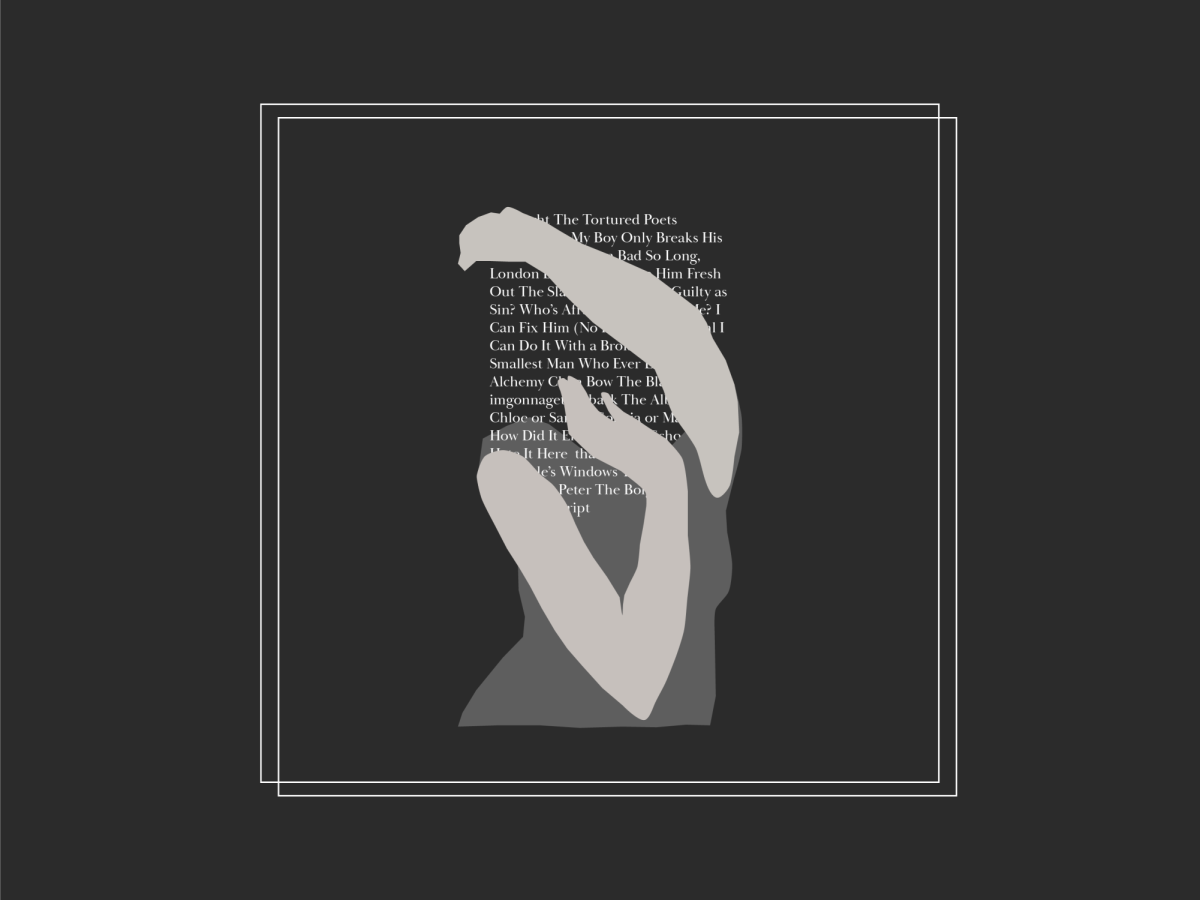There are very few movies where actor Mark Ruffalo could get away with calling someone a “cunt,” and “Poor Things” is one of them.
The 2023 film, currently up for 11 awards at this year’s Academy Awards, follows Bella Baxter (Emma Stone), a pregnant woman in Victorian London who jumps off a bridge to escape her abusive husband. She is later revived by a surgeon and professor named Godwin (Willem Dafoe), who replaces her brain with that of her unborn child.
After a hasty betrothal to one of Godwin’s students, Max (Ramy Youssef), she runs off on a trip around the world with Duncan Wedderburn (Ruffalo), the lawyer in charge of creating the marriage contract for Bella and Max. While on the run with Duncan, she goes on a journey of self-discovery and sexual liberation.
The importance of female liberation is one of the most prominent themes in “Poor Things.” Although Bella’s adventures throughout the film are mostly humorous, they help her realize the autonomy and ownership she has over her life and body.
For example, when Bella and Duncan are in Paris and out of money, she begins working at a brothel to create income for the pair. When Duncan learns of Bella’s actions and lashes out at her, she breaks off their relationship and sends him back to London. Although this is where Ruffalo uses his aforementioned word of choice, Bella asserts her own bodily autonomy over him.
Later on in the film, she returns to her past life with her ex-husband, Alfie (Christopher Abbott). After quickly realizing his abusive nature, Bella takes after her adoptive father and replaces Alfie’s brain with that of a goat. By doing so, she stops him from further harming her and other women.
“Poor Things” does an incredible job depicting the experience of growing up and learning that the world outside of a childhood bubble can be cruel and unkind. During her adventures with Duncan, she finds herself on a cruise that passes through Alexandria, Egypt. Here, she sees people from the city struggling and is overcome with emotion — this is her first exposure to such suffering in her second life, and she does not know how to process what she is feeling. Innocently wanting to help, she gives all of Duncan’s money to the poor, thus bankrupting him and causing the situation in Paris.
One of the most appealing aspects of “Poor Things” is its comedy, which is largely facilitated by Stone, who has rightfully earned herself her second Best Actress nomination. In the first half of the film, she perfectly captures the essence of a young child with absolutely no filter — in one of the nicest restaurants in Lisbon, she spits out the food, asking “Why must I keep it in my mouth if it is revolting?” Anyone who can’t think of a younger cousin or sibling who would say this, albeit in a less sophisticated manner, is probably lying.
Although Bella’s childlike commentary can be entertaining for viewers, it does make scenes where she engages in sexual intercourse uncomfortable to watch — yes, she is an adult, but her youthful behavior sometimes makes viewers feel as if they need to turn away when certain scenes take place.
The supporting cast of “Poor Things” also deserves its flowers, especially Ruffalo and Dafoe, who were tasked with portraying arguably the two most outlandish characters in the film. From Ruffalo’s outbursts to Dafoe dropping random, often wild stories from his childhood on Max like a true father, they make moments without Stone equally entertaining and engaging.
The cinematography of the film is excellent as well, adding to the absurdity and uniqueness of the film. Although shots of the various cities Bella visits are clearly exaggerated, the beauty of these scenes keeps viewers engaged in the extravagant world of the film.
Through powerful messages and entertaining performances, “Poor Things” rightfully takes its place as the second-most nominated film and one of the main contenders at this year’s Academy Awards.








